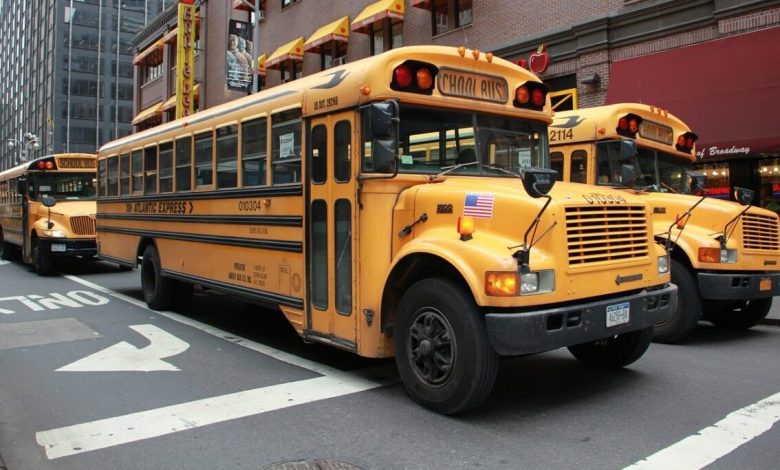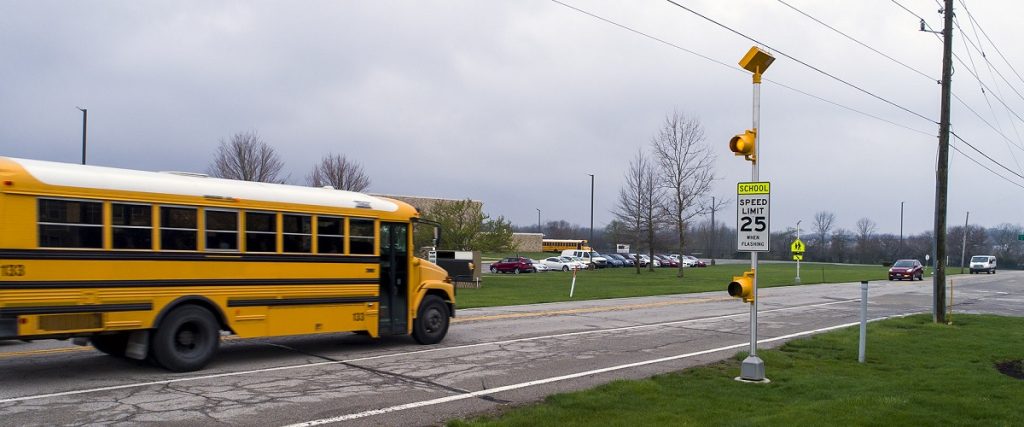New York Families Demand Overhaul of Broken School Bus System Amid Contract Controversy
Parents, advocates, and city officials clash over a three-year contract extension as decades-old bus system failures continue to impact vulnerable students.

Families across New York City are intensifying their push for a major overhaul of the city’s school bus system, urging lawmakers in Albany to enact legislative reforms to solve long-standing problems. This comes after a controversial decision by the Panel for Educational Policy to extend existing contracts with major yellow-bus companies for another three years—a move intended to give officials time to rewrite and rebid agreements that have remained largely unchanged for decades.
The panel’s approval of the three-year extension received mixed reactions. While some members argued it was necessary to allow a complete restructuring of the deeply flawed contracting process, many parents and advocates expressed profound disappointment, viewing it as yet another delay in addressing critical transportation failures. These outdated contracts—first negotiated in 1979—are widely seen as the root cause of the city’s notoriously unreliable school bus service, a problem that disproportionately affects students with disabilities.
At the center of the issue is a labor provision embedded in the old agreements. The clause requires that unionized bus workers laid off by one company be given hiring priority by other bus companies at their existing pay rates.
Although originally designed to protect workers, a 2011 state court ruling determined that the provision is an obstacle to competition, effectively prohibiting its inclusion in any new contracts. This legal barrier has created a stalemate: Attempts by city officials to rebid contracts without the clause have historically triggered disruptive bus driver strikes—forcing the city back into a cycle of extending the problematic old agreements.
In response, state lawmakers have introduced legislation to codify worker protections for drivers, which would pave the way for the city to draft and negotiate fully new transportation contracts. However, these critical bills have yet to advance, prompting city officials and parent advocates to intensify lobbying efforts in Albany.
City Comptroller Brad Lander emphasized shared responsibility, saying, “What’s important is that we all come together and work toward necessary change, so we can create a fundamentally different contracting model—one that protects workers and also meets the needs of all students and families who deserve reliable school bus service.”

Representatives of major bus companies—who have previously threatened service disruptions during contract disputes—expressed a willingness to collaborate with parents and city authorities on improvements. Krista MacKendro, deputy general counsel for Total Transportation, said the company is committed to regular meetings with parents and increased information-sharing with the Department of Education as part of the new extension, stressing a focus on “partnership” beyond paperwork.
Despite these assurances, significant opposition to the extension remains. Panel member Faraji Hanna-Jones voiced strong objections, arguing that extending a broken system sends a damaging message to the city’s most vulnerable students. “What does this tell our most vulnerable students?” he asked. “It tells them their time isn’t valued, their safety is negotiable, and we don’t believe in their potential enough to fight for a system that honors them.”
He added that three years is an unnecessarily long period to reassess a well-known issue. Similarly, panel member Shirley Aubin acknowledged the difficulty of the situation but stressed the need for a contract that works for families and students, noting that meaningful change will not happen “overnight.”
Schools Chancellor Melissa Avilés-Ramos confirmed that the administration initially sought a five-year contract with bus companies but shortened it to three years in response to strong objections from families and community stakeholders. This adjustment underscores the intense public pressure and the administration’s recognition of widespread frustration over long-standing school transportation problems. The ongoing struggle highlights the urgent need for a sustainable solution that guarantees effective, safe, and equitable school bus services for all New York City children.



